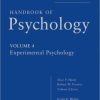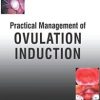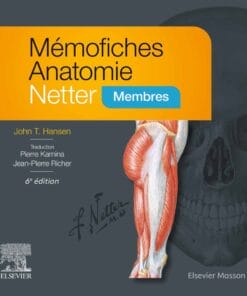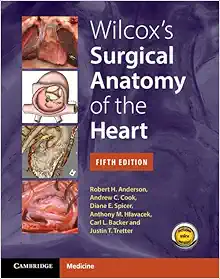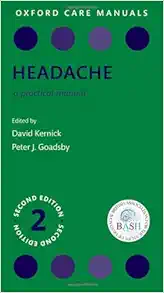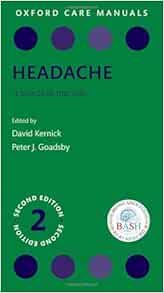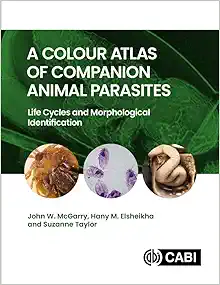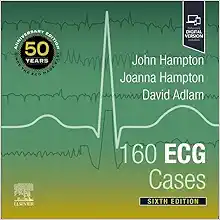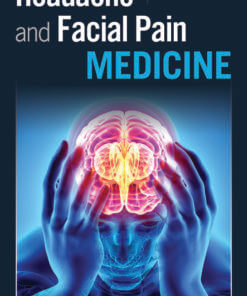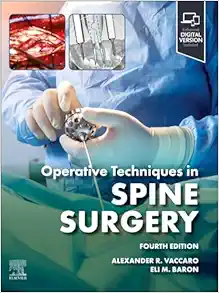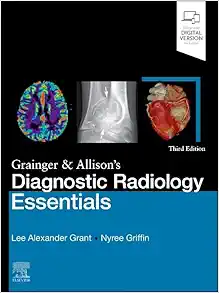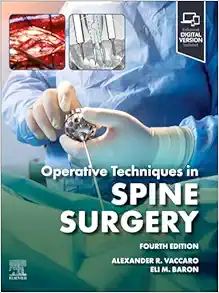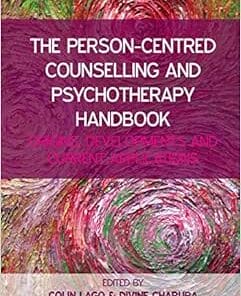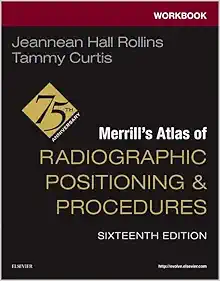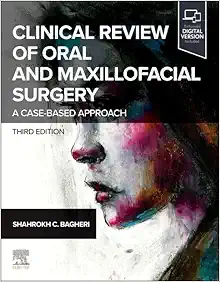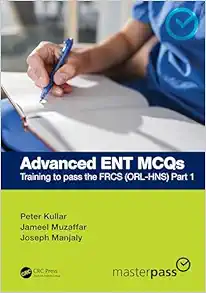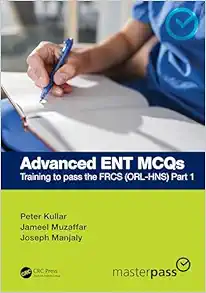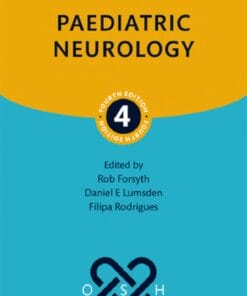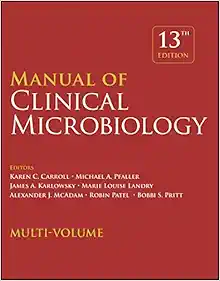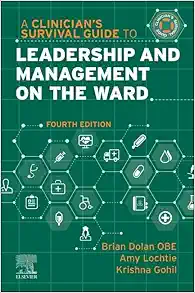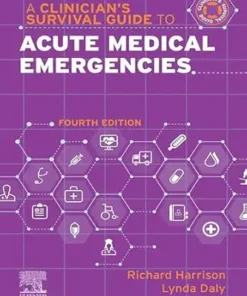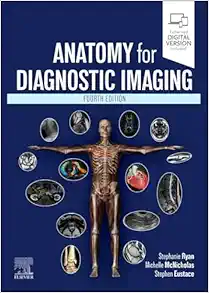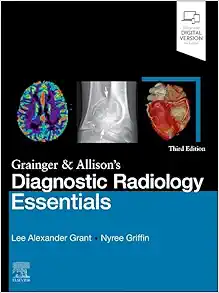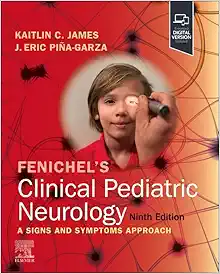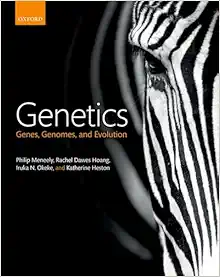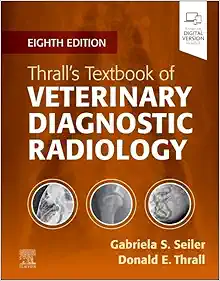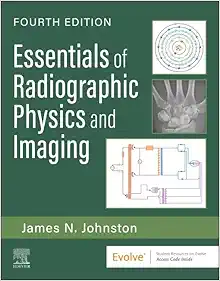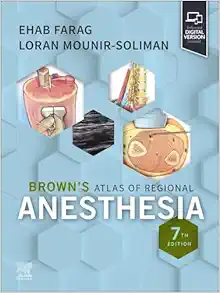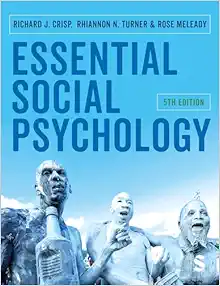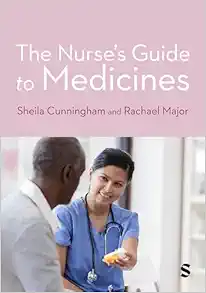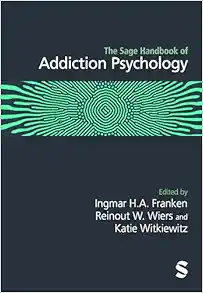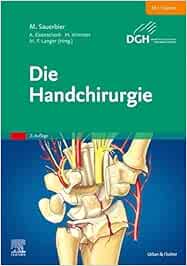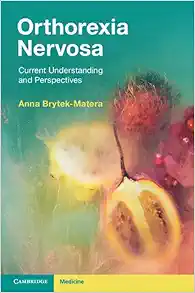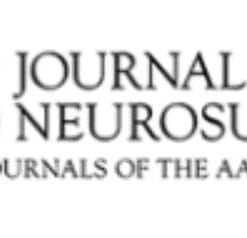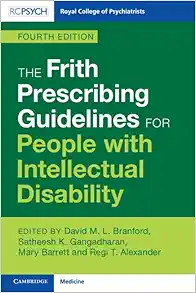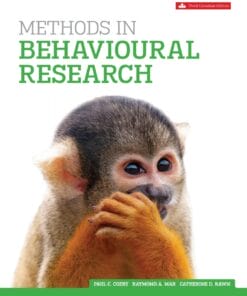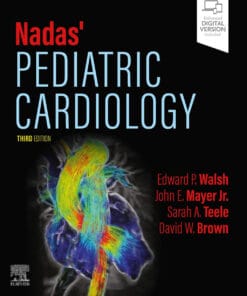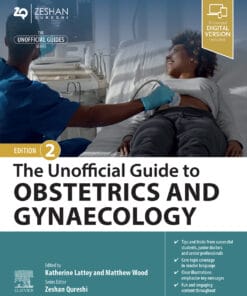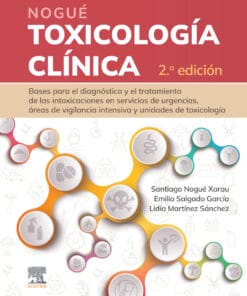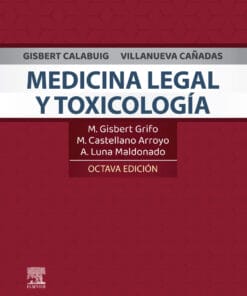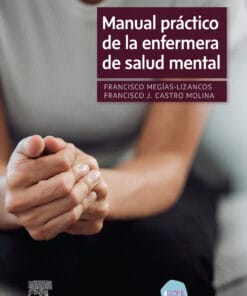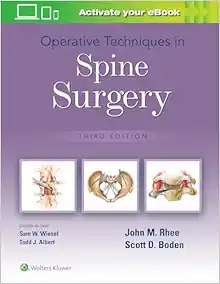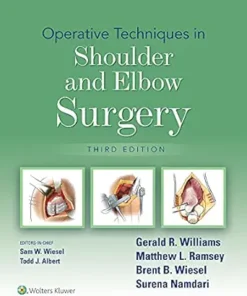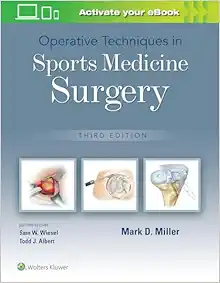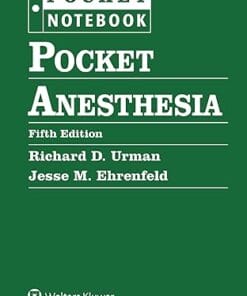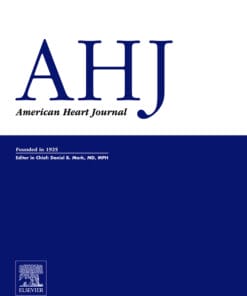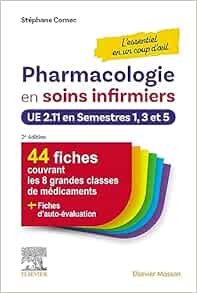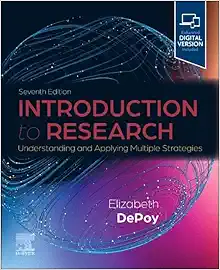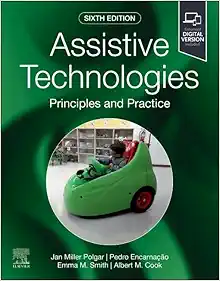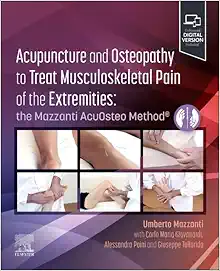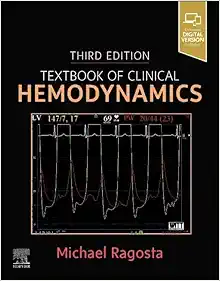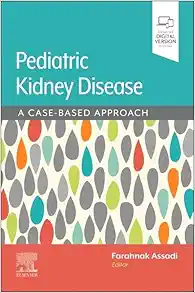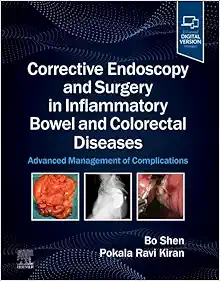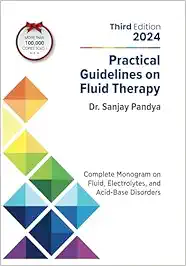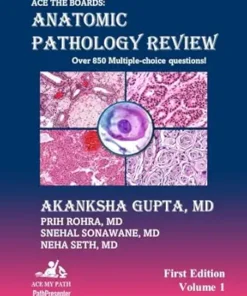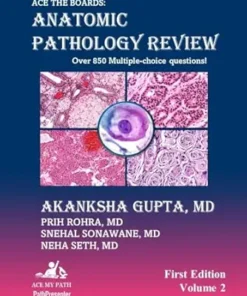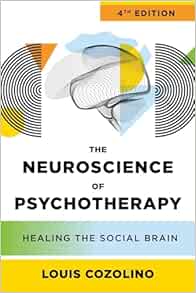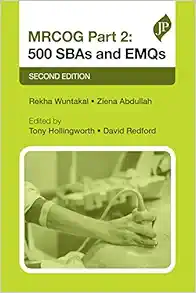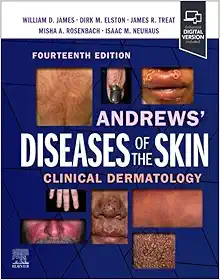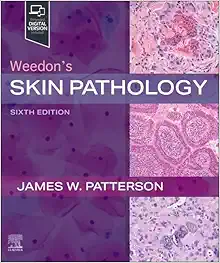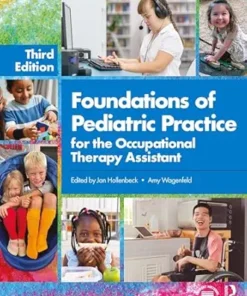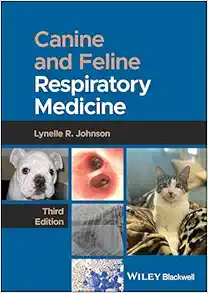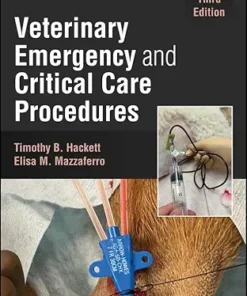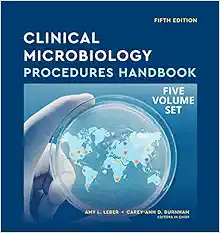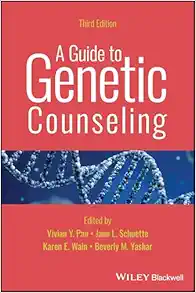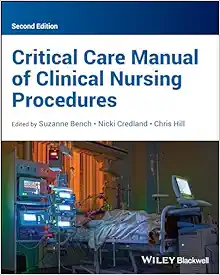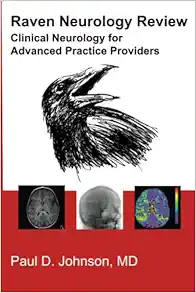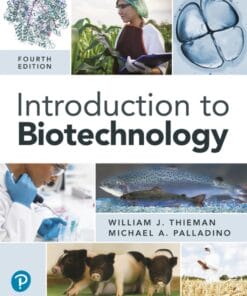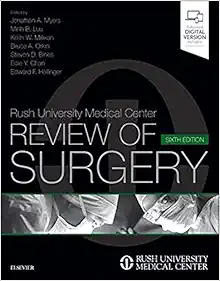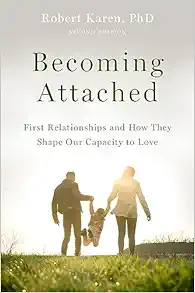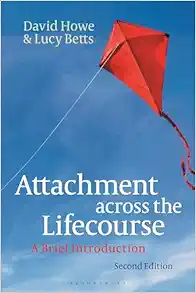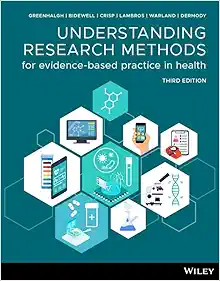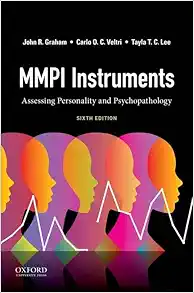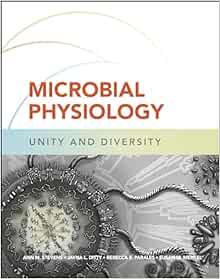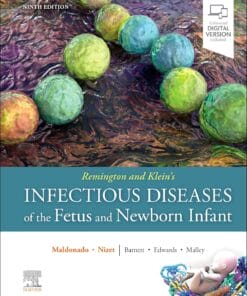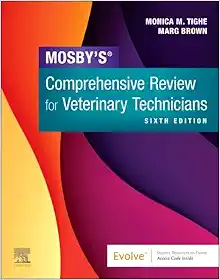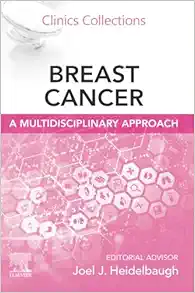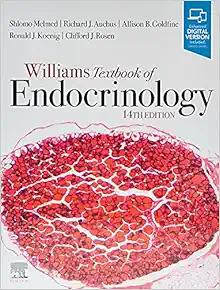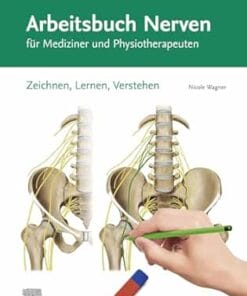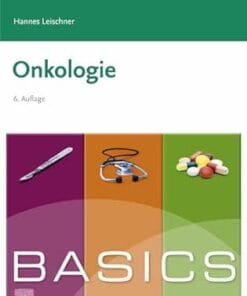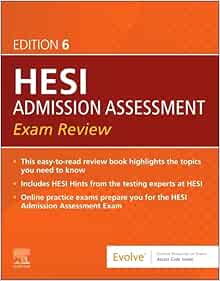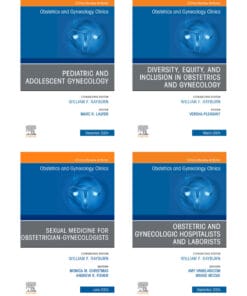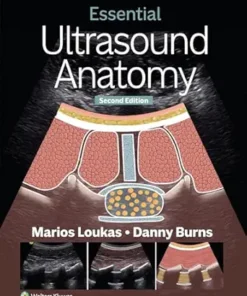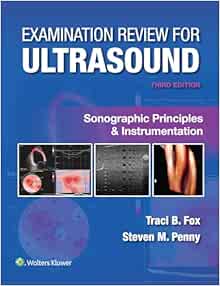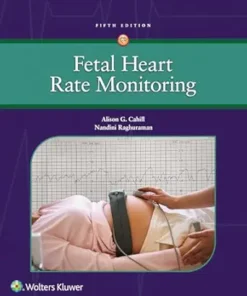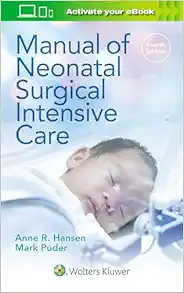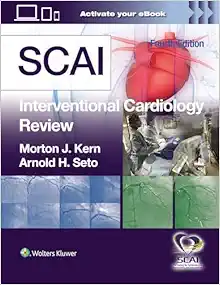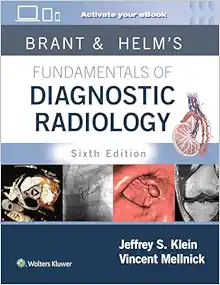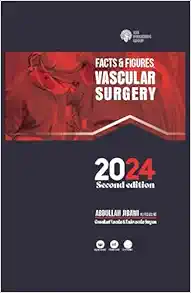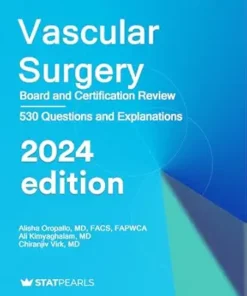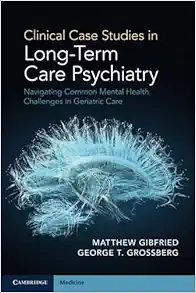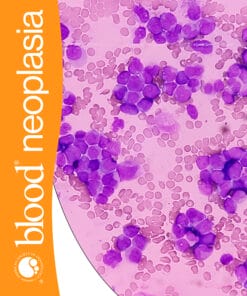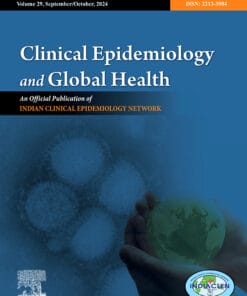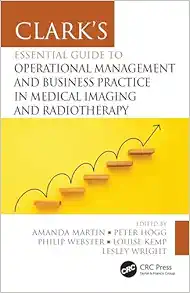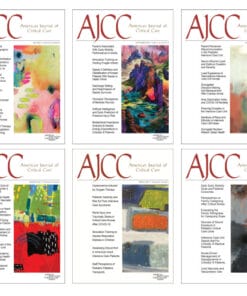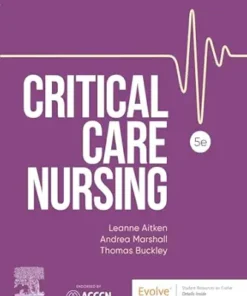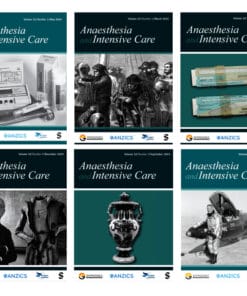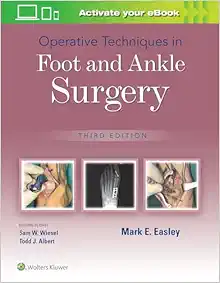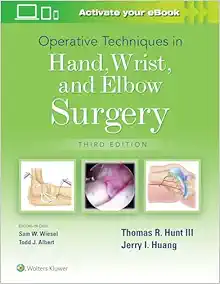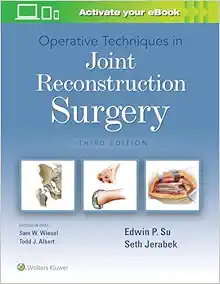by Hongyun Huang (Editor), Geoffrey Raisman (Editor), Paul R. Sanberg (Editor), Hari S. Sharma (Editor)
Neurorestoratology is one of the most important disciplines in modern medicine and is also the most important discipline in neuroscience. Its core aim is to restore, promote and maintain the integrity of impaired or lost neuronal functions and/or structures by using novel cell-based comprehensive neurorestorative strategies.
This book is the first and a unique one that systematically expounds the main aspects of neurorestoratology, which includes three sections with 22 chapters in two volumes. It systematically elaborates CNS neurorestorable theory and neurorestorative mechanisms. It firstly comprehends the Neurorestorative Process as a whole and Neurorestorative law. It fully describes all neurorestorative strategies and their continuing clinical progresses and achievements, especially the cell-based comprehensive neurorestorative strategies.
Volume 1 includes Section One: Overview, and Section Two: Techniques and Effects of Neurorestorative Strategies
Section One describes the establishing process of discipline, the origin and development of each neurorestorative strategy, which records and reproduces the pioneers’ difficult journey of indomitable exploration and developing process of this discipline. Furthermore the Neurorestorative process, CNS neurorestorable theory, Neurorestorative law (more or less self-restoring always occurs by nature while facing insults, further active or appropriate medical intervention can better restore functions or /and structures) and mechanisms are in detail presented and discussed, which makes people easily understand the basics of Neurorestoratology and the dynamic changing of neural degeneration or damages following neurorestorative mechanisms at physiological or different pathophysiological stages
Section Two is devoted to the techniques and effects of CNS neurorestorative strategies that mainly include cell therapy, neuromodulation, medicine and factors, bioengineering and tissue-engineering, neurorestorative surgery and alternative therapies. Additionally neurorehabilitation as a complementary neurorestorative strategy is also described.
Volume 2 shows Section Three: Neurorestorative Strategies for Disorders
Section Three presents neurorestorative strategies to treat trauma or neurodegenerative diseases in nervous system. In which, neurorestorative therapy for spinal cord injury, traumatic brain injury, stroke, multiple sclerosis, amyotrophic lateral sclerosis, Parkinson’s disease, Alzheimer’s disease, cerebral palsy, autism, optic neuropathy, and peripheral nerve injury are presented in great detail. Recent advancement and scientific progresses in this area have certainly suggested that standing up or walking to some extent is not a just dream for some patients with complete chronic spinal cord injury. Likewise, patients with ALS, Parkinson’s disease, dementia and other neurodegenerative diseases can also be stabilized or have their functions improved for a period of time. Similarly, with the help of such treatments, patients with chronic stroke can also improve their quality of life and cerebral palsy children can have their intelligence and self-care abilities improved tremendously.
As we know, expectations on improving the quality of life and prolonging lifespan have been the eternal desire of human beings since the immemorial era. The ethical stance presented in the Declaration of Helsinki requires physicians to try their best to help patients with new medical methods. We hope this book will accelerate a change in thinking among clinicians and healthcare providers and excite more of them with their responsibilities to help patients with neurorestorative strategies; also, this book will further advance the concept of neurorestoratology and its implementations in translational medicine.
This book is edited and contributed by many top scientists and physicians worldwide, such as: Neuroretoratology founders, Hongyun Huang, Geoffrey Raisman, Paul Sanberg and etc. The book is primarily for clinicians (neurologists, neurosurgeons, pediatricians, orthopedic surgeons, rehabilitation physicians) and basic neuroscience research staff to read, but also can provide useful guidance for patients and their families suffering from the related diseases. (Imprint: Nova Biomedical)
Product Details
- Digital eBook: 252 pages
- Publisher: Nova Science Pub Inc (January 30, 2015)
- Language: English
- ISBN-10: 163463599X
- ISBN-13: 978-1634635998


